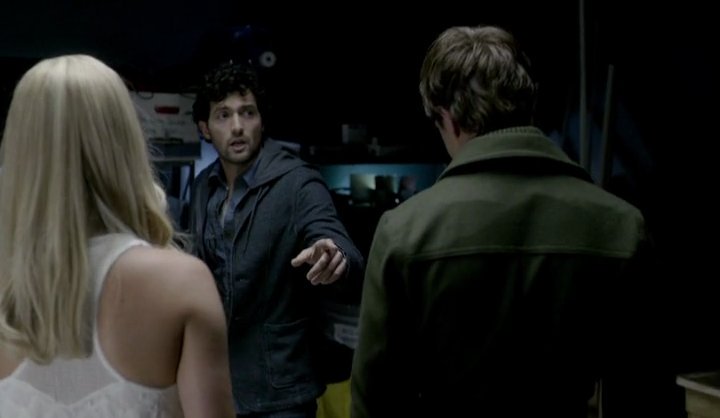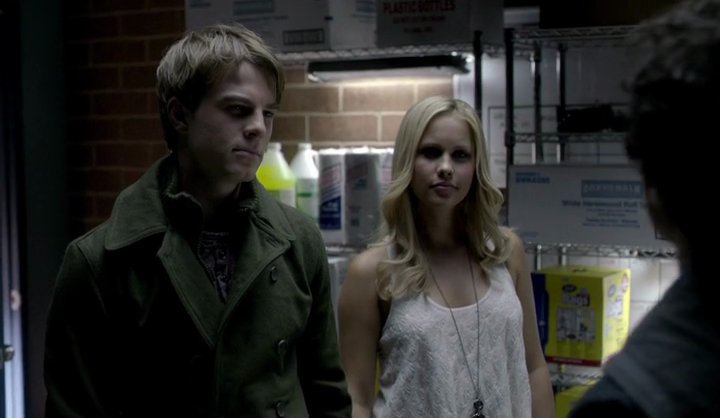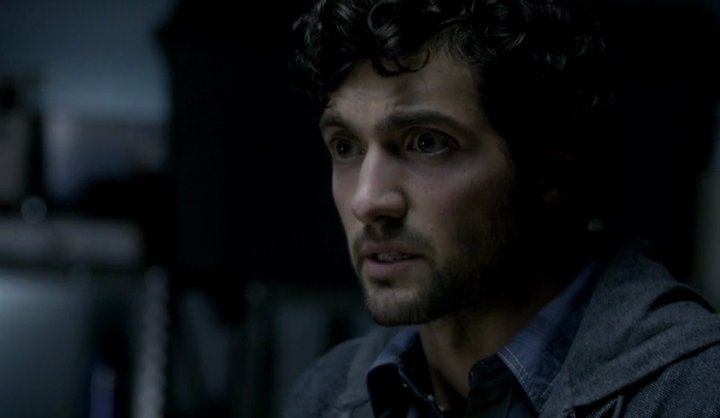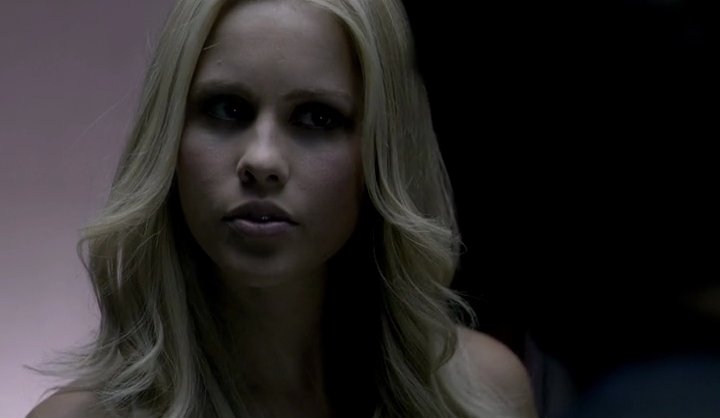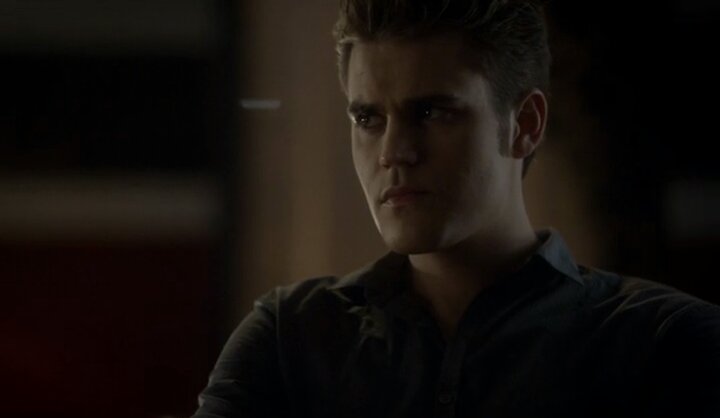Mamma folds up the little sheet of hot-pressed paper. “Well, my dear, shall we attend?”
“I suppose one of us is meant to marry him,” she says dryly, when you have finished repeating the news.
“We will see indeed,” she says.
“Have you spent much time with our hosts yet?” You ask.
Your aunt smiles her crooked smile. “Aren’t you your mother’s daughter. Yes, I have.”
“They are good-humoured people,” she says. “No body knows any harm of them. And you have seen their manners for yourself. I should say that if you have a cap to set, you can set it in either fashion you chuse.”
“I believe my sister hoped to speak with you,” he says in passing.
You & your aunt are about to resume speaking when Miss Weston herself walks by.
“I believe my brother hoped for a dance,” she says in passing
“Ah, Miss Leigh,” she says, turning to you with a smile. ”The ballroom is that way, and I believe the dancing is about to begin.”
“I would be happy to provide you intelligence,” you say.
“Tom,” says Miss Weston, fanning herself briskly, “you are in great danger here.”
“Again?” he says. He bows to you. “I have danced with one Miss Leigh; may I dance with the other?”
The dance separates you, and for a moment you are very grateful for the current slim fashion in trousers.
He laughs self-consciously. “No. I admit to deceit in my effort to secure an acquaintance for her.”
“Well, Rosie,” says Mamma, “how has the evening gone for you?”
You cannot help a guilty glance at Margaret, who does not notice.
“Quite pleasantly,” you say.
“I’m glad to hear you’ve kept out of trouble,” she says complacently.
“For once,” says Margaret.
“He is,” you say.
Meanwhile Aunt Leigh’s eyes dart back and forth between you, and you can practically read her thoughts. Mamma, who keeps everything behind a jolly smile, is more difficult.
“I believe we shall,” says Aunt Leigh.
Is now, you wonder, the time to mention that Miss Weston has invited you to call on her?
Pray heaven that your heart remain hidden. As always.
Mamma prefers to depart quickly, & you barely have time to take leave of your hosts before you are in the carriage.
“You’re taller,” you say, a little too quickly.
“Well, what’s that between friends,” she says. “I think I have just the thing.”
She flits away.
She leaves.
“Well,” She says brightly, “how is everything here?”
“Look what the wind blew in,” Miss Weston sings out as she opens the door.
“My brother you know,” says Miss Weston. “This is the Honourable Mr. Edward Watson. Mr. Watson, Miss Rosamund Leigh.”
“Tea?” says Miss Weston, offering you a cup.
“Milk, or lemon?” she asks.
“Mr. Watson has just come from London and will be here for a week or two,” says Mr. Weston. “He’s a very old friend of mine.”
“I was just thinking, Tom,” says Miss Weston, setting down her cup, “we ought to do something while he’s here. A good dinner, or a garden party.”
“Too obvious,” Mr. Watson whispers, then starts a fit of coughing so you can pretend you didn’t hear him. You do not, it must be said, catch his meaning.
The door opens and Mr. Weston peers around its edge.
“What mischief are you two up to?” he asks.
“Oh, you know,” says Charlotte. “Planning that party. Let’s have some tea and we’ll tell you all about it.”
Mr. Watson happens to be passing by the room, & she summons him.
He hits a dandelion with particular energy.
"But then what does Mr. Weston intend for his sister?" you ask.
He is silent.
"Isn't it delightful having such a family in the neighborhood?" she says.
As gently as possible, you make it clear that this shall not happen. After a moment's disappointment, she says, "Ah, well, we must find someone else for Tom."
Mr. Weston happens to encounter you on the lawn. "Miss Leigh!" he calls. "I had something in particular to ask you."
"I don't know if Charlotte has mentioned this to you," he says, "but I am seriously considering giving up the lease on Worthing Park and going back to town."
A great unease fills you.
"I will see you at the picnic," he says, & you go home
"I do hope, Jane," says Mamma, "that there shan't be cards, for I tell you I can not stand the jingling in your reticule afterward."
"Thank God for that," is Mamma's only reply; Aunt Leigh accepts this blow with equanimity.
Of course.
However, one must keep one's composure.
Charlotte calls to you; there is not much more time for you to persuade him.—But you are not well acquainted with him, and do not know how to tip the scales of his heart.
Charlotte calls again.
"I thought you'd never come," she says. "Look here, I think I've solved a problem that—"
A bark of surprise from Mr. Weston interrupts.
This seems, in plain language, too good to be true.
“Hm,” says Charlotte. “We should stop having guests, if this is what happens.”
“I won, Tom,” she says. “Give me my prize.”
“Prize?” says Aunt Leigh, and you wish someone who sees so much were not quite so present.
“I believe *I* won,” says Tom.
“I beg your pardon,” you say to Mr. Weston, at Charlotte, “but I believe I won your wager, and I will be claiming my prize whenever it is convenient for you.”
There is a challenge ahead for you both, to be sure. But if he is willing to stay, knowing what he knows, perhaps there is hope.
You smile. “And soon they shall learn to behave better around ME.”
There is time for everyone of good will to change, perhaps, and make amends. As long as there IS will.
Mamma & Aunt Leigh arrive.
“6 and 30?” you say uncertainly.
“Mr. Frederick is here somewhere, and he is near that age. I wonder if she—“
You know that voice, that thoughtless playful gaiety. It almost cost Charlotte YOU. You look at her scornfully. She subsides.
No. If she had wanted a husband, she would have got one for herself.
Hearts may be weathercocks, but not shuttlecocks. And you were always a poor gameswoman.
“I wish I could dance with you, my love,” she whispers
“Later,” you say, squeezing her hand.
If only gentlemen outnumbered ladies on this occasion. But you’ve planned too well
Pray heaven your heart remain hidden, but only because if it were exposed, all the house would be set aflame. Which would delay the dance.
FIN
Thanks for playing!






